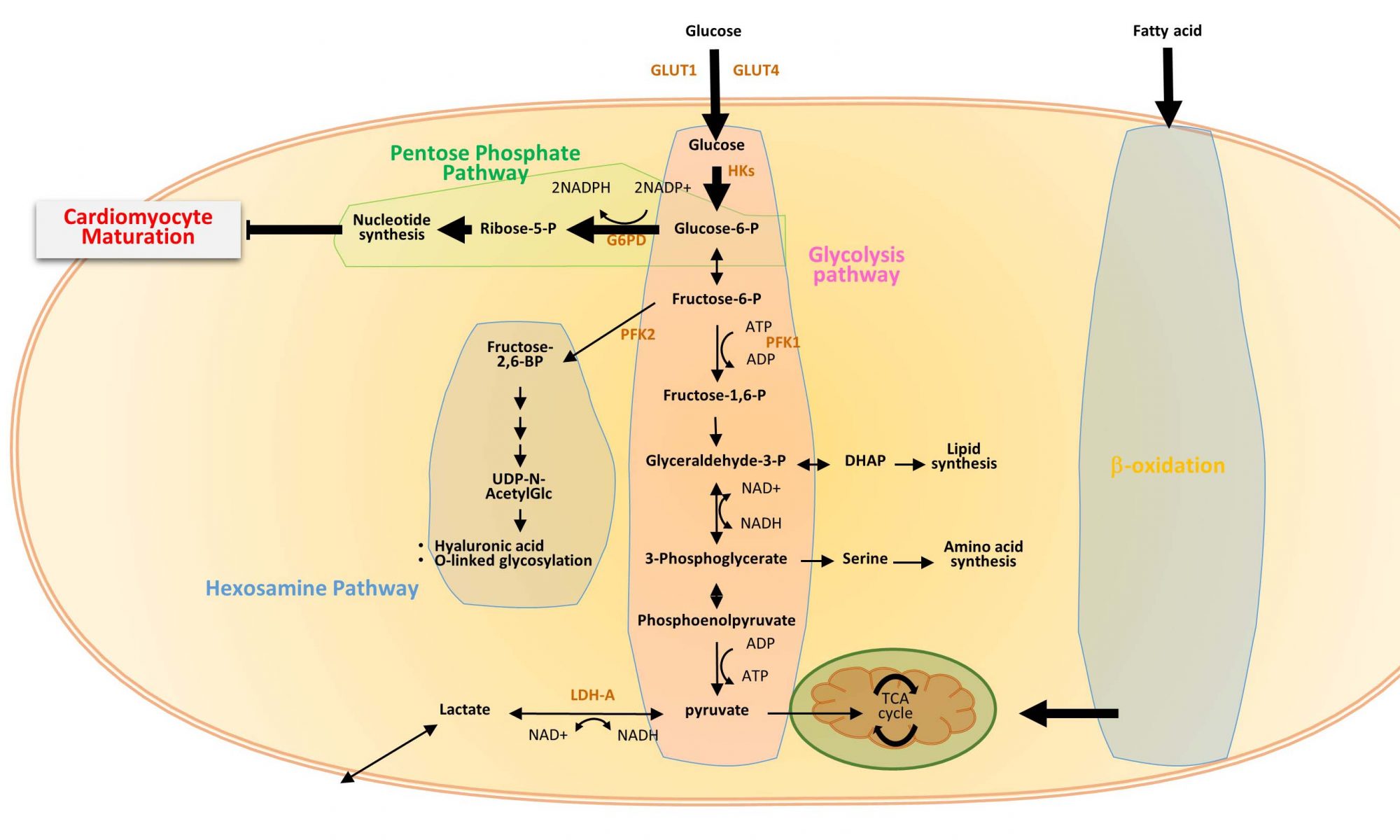Under construction
Elucidating the dynamics promoting cardiac differentiation and maturation
While the adult heart is the least regerenative of tissues, embryonic cardiomyocytes are highly proliferative. Pluripotent stem cells provide an unlimited source for generating cardiomyocytes in vitro. However, the fact that molecular approaches have not yet been successful in achieving full maturation of the cardiomyocytes from pluripotent stem cell in vitro clearly suggests the limitation of the genetic approaches alone and the importance of non genetic factors in the induction of cardiac differentiation and maturation. We are working on the role of biophysical cues on cardiac maturation. Our recent report demonstrates the effect of rigid surface on the differentiation of cultured cardiomyocytes derived from mouse and human ES cells (See Armin Arshi et al 2013 Sci. Technol. Adv. Mater).
Our high-yield 2D culture of human ES cell-derived cardiomyocytes (hESC-CM) (fig.1) allow us to study the dynamics of cardiac differentiation and maturation intensively and extensively.
 |
| Figure 1. Image of high-yield 2D culture of hESC-derived cardiomyocytes (A). ~90% of the cells express cTnT, cardiac marker gene, by immunofluorescent staining (red, B), MF20 positive by FACS and contract in sync |
Results from this work will determine how human cardimyocyte differentiation/maturation is regulated and therefore will allow us to apply the findings from in vitro for translational approach.
